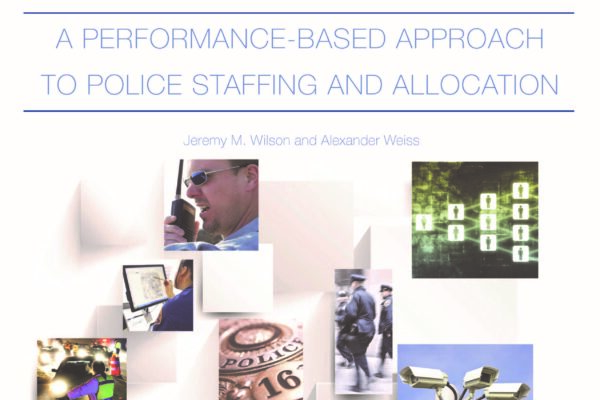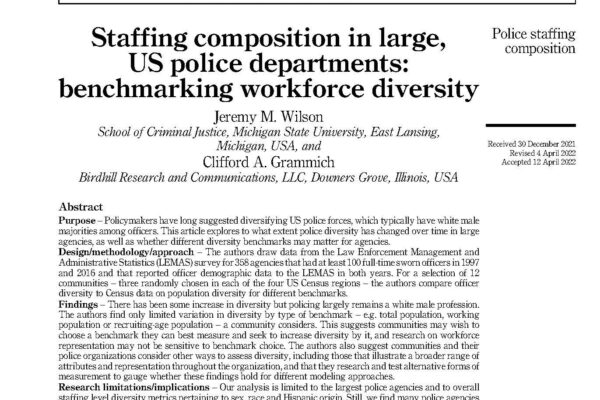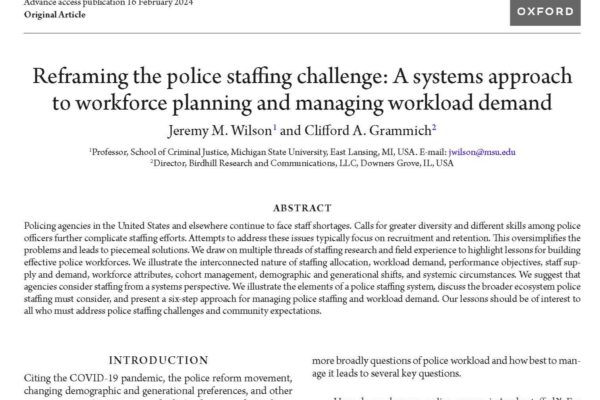Brand Protection Across the Enterprise: Toward a Total-Business Solution. Business Horizons, Vol. 63(3): 363-376, 2020.
To better identify what a total-business solution might look like, we asked a sample of 42 respondents—33 brand-protection practitioners and nine other respondents with academic, service, or other perspectives—to identify all functions and tactics that might be associated with brand-protection efforts. Altogether, respondents identified 38 functions associated with 757 unique tactics among more than 1,300 total tactics. Using these data, we assessed the depth and breadth of each function. Read More






